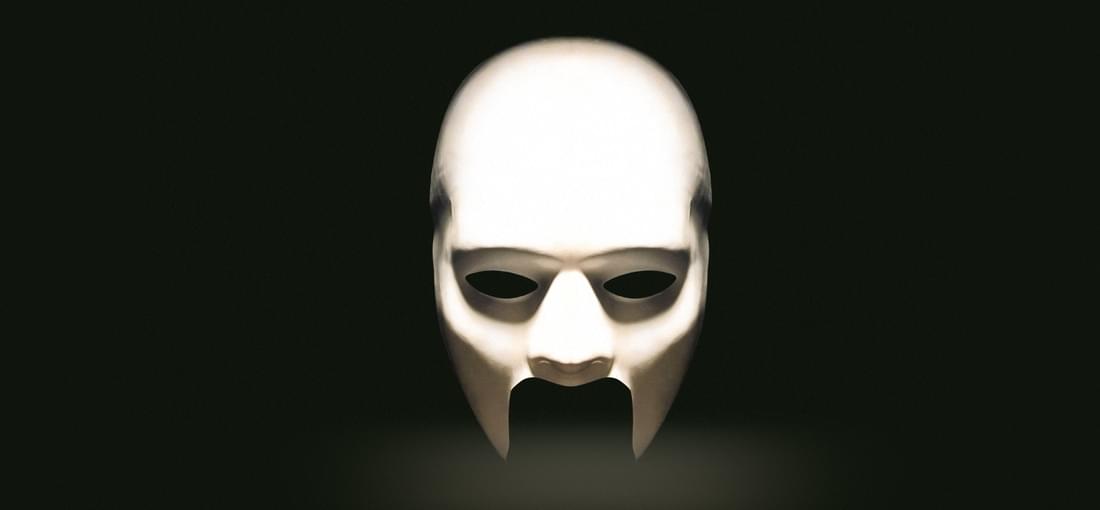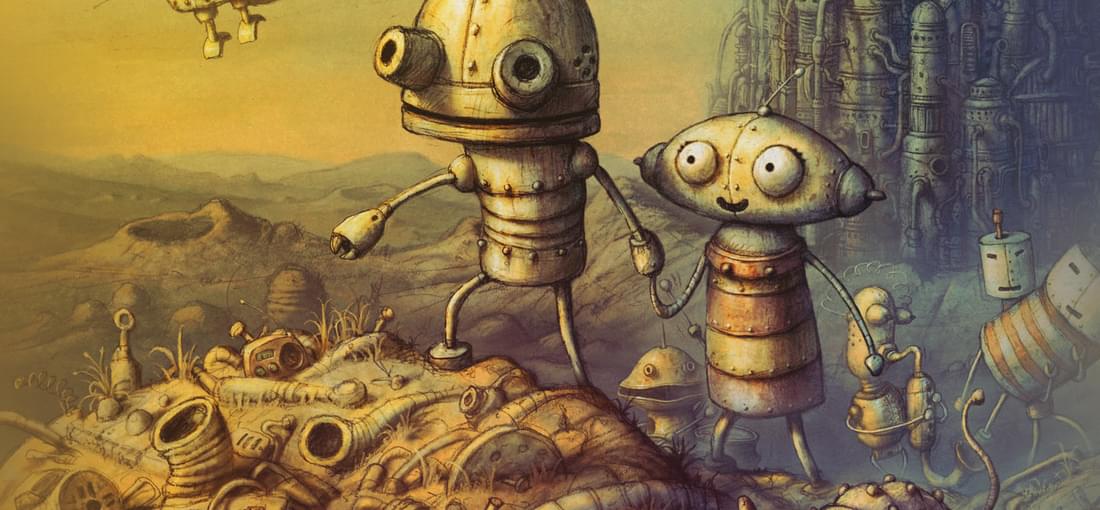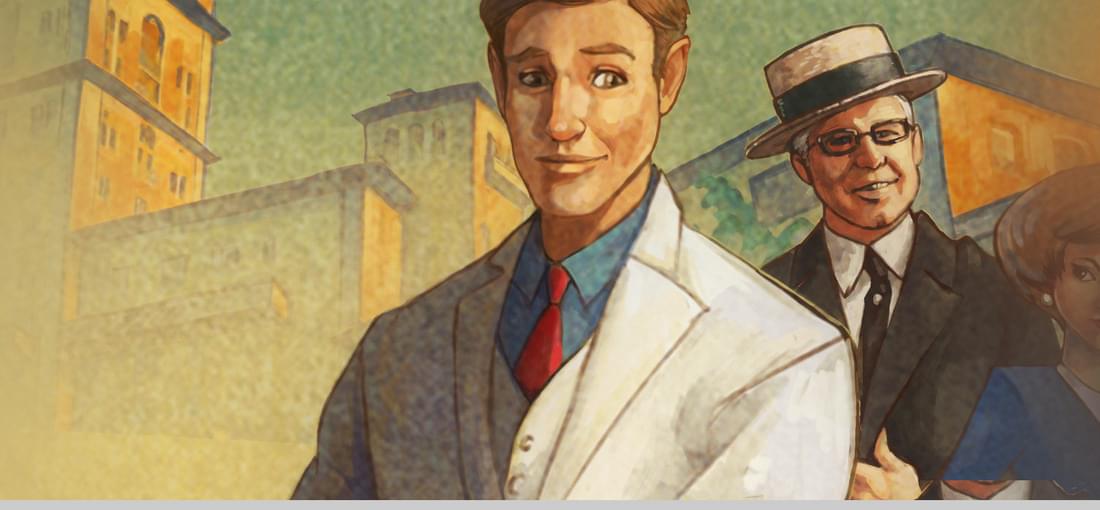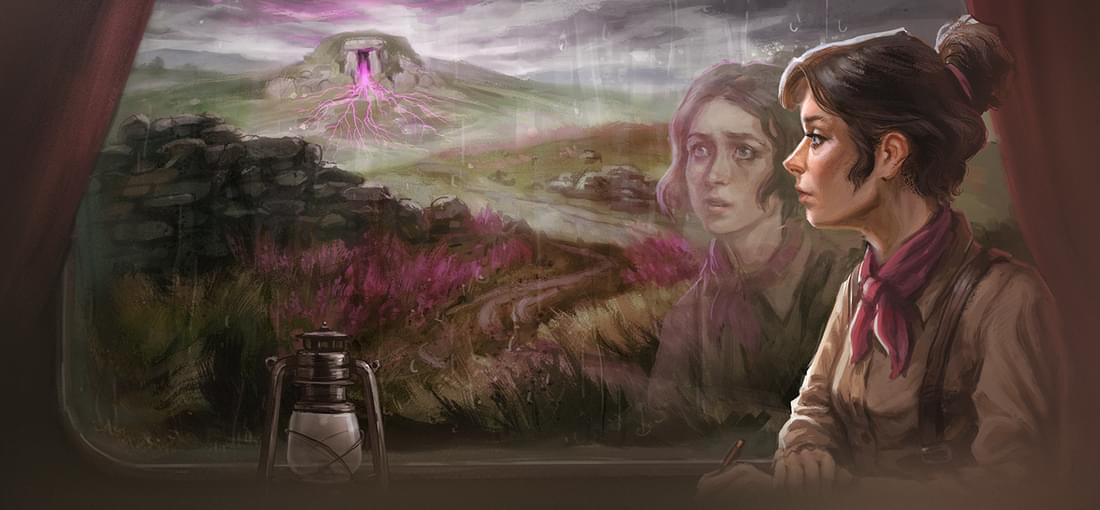


Released in 2007, and the winner of the grand prize at 2008's IGF festival, Aquaria was part of an early wave of imaginative, high quality indie games - a movement that would really kick off with smash hits such as Braid, Fez and Derek Yu's own Spelunky a few years later. You control a Naija, a mermaidy water spirit, who has to navigate an underwater world and can morph into various different forms to unlock new abilities that bestow different skills and access to new game areas. The main innovations are the controls - primary control is with the mouse, guiding Naija around. The song system brings up a radial menu of different notes that can be sung to transition to different forms or use abilities. The fact that you can use hotkeys to access these abilities, or use a controller instead undermine these innovations, and hint at the fact that although initially the mouse controls feel very natural and intuitive, by the time you get to the more challenging parts of the game they're a bit of a chore. The game still looks gorgeous, all the art was hand-drawn by Derek Yu. There are lots of beautiful underwater vistas to explore, including tropical lagoons, sunken dungeons and a kelp forest. The locations do start to feel a bit samey, and although there are plenty of secrets to discover you'll do plenty of backtracking and may find these areas become monotonous. You save your points at red crystals dotted around the world, and can use sea turtles to travel between main locations - although these aren't frequent or well-placed enough to ever feel that useful. Of the different forms, only 1 of the main ones has an attack, which means that most of the time you'll only use the other forms for a single ability, which is a shame. It's a beautiful game, and can enchant but can also frustrate, which is maybe why it's not endured as some other high profile indie released of the period have.

Return of the Phantom is a Microprose point and click adventure released in 1993 - for context, this is the same year as Day of the Tentacle, Gabriel Knight and Space Quest V. Return of the Phantom is nowhere near as good as any of those games, but an interesting curio for any adventure game connoisseurs. Firstly, the bad: it's short, the puzzles pose almost no challenge (except for a truly miserable maze sequence later on in the game), and there's quite a limited range of locations to explore - the majority of them devoid of meaningful interactivity. Possibly the game's greatest flaw is the movement speed of the character, combined with the amount of dead space you have to traverse. This sounds like a nitpick, but as the main way you progress the story is by shuttling between different locations it can feel truly torturous. For example: to access the dressing rooms, you have to ascend 3 flights of stairs, watching your character waddle with comical slowness up each one. You will grow to fear these stairs more than any phantom. So what's good about it? It looks nice, with atmospheric painted backdrops and smooth rotoscoped animations. Although ROTP doesn't add much new, The Phantom of the Opera is fundamentally a good story. The music is nice. You get to meet Degas. It doesn't outstay its welcome. I had some issues with stuttering gameplay and sound, I'm sure that's fixable but it didn't bother me enough to try.

Machinarium is surely a classic of the genre by now, a scruffy hand-crafted masterpiece - which I've only just got round to completing. It's a highly imaginative game, relying on beautiful, atmospheric artwork and environmental storytelling to tell its simple, dialogue-less story. The art really is fantastic, a world of messy, organic metal towers, cute dented little robots and shady back streets and plazas. One the best looking games I've played. The puzzles are a mix of traditional adventure puzzles, minigames and logic puzzles. I personally have very little patience with logic puzzles, and the lack of dialogue means it's sometimes a bit obscure as to what to do next, but there's an in-built guide that just requires you to complete a mini game to unlock the answers to a puzzle (a clever solution). The soundtrack is gorgeous and the little scrap metal robots have enough personality to make parts of the game really moving. It's a modern(ish) classic, if you like this sort of game at all then it should be on your shelf.

Francisco Gonzalez first commercial release (after his freeware AGS releases such as the Ben Jordan series). This is a work of historical fiction in the guise of an adventure game, following the trials and tribulations of Alfie Banks, a New Yorker looking to make a name for himself in 1920s Florida. Tells an interesting, mature story with a complex main character, covering more sophisticated ground than most adventure games of its type. It does a good job of conjuring up the atmosphere of '20s Florida, is fully voice acted and has a colourful cast of characters and a lot of locations to explore. The music is good. There are a few downsides: the puzzles are fairly perfunctory, being limited to simple inventory or dialogue puzzles and some (fairly crude and occasionally frustrating) minigames. The graphics are bright and colourful, but aren't as sophisticated as in Francisco's later games. The game is fairly linear, with only a few locations being available to explore at any given time. The fact that the story and protagonist is quite sophisticated also means you never quite identify as Alfie - he's too strong and too flawed a character to act as a cipher for the player, and it often feels like you're along for the ride, rather than living your own adventure. Not really a criticism, more an observation. Overall it's an interesting take on the genre. Play it for the quality of the writing, the unusual setting and the mature story rather than thrills and satisfying puzzle-solving. I'd give it 3.5/5.

This a very traditional point & click adventure game, that stands out from the crowd with strong characters, story and atmosphere. Thomasina Bateman travels to the village of Bewlay in the 19th Century to unravel the mystery of Hob's Barrow. This involves exploring Bewlay, getting to the know the locals, deciding who she can trust and using lots of objects on other objects. With the Lovecraftian story (mostly) confined to one village, its cast of oddball locals and its brief cinematic interludes I thought this was reminiscent of Shadow of the Comet. The graphics have a nice, gritty, creepy quality that really adds to the atmosphere, with lots of nice touches to bring the game to life - the local wildlife scurries in and out of each scene and full-screen animated interludes punctuate dramatic moments. Puzzles are well sign-posted and solutions and outcomes are usually satisfying. Voice acting is strong and the characters and writing in general are very good. Complaints are minor - the puzzles were a touch on the easy side for me, the last section of the game wasn't quite as strong (but that's almost inevitable with this kind of story and game) and while the music is good I don't think all of it suits the Victorian setting. Overall I strongly recommend it. I finished it in a couple of sessions and it had me gripped to the end. A must buy if you're an adventure game fan, or like a Lovecraftian yarn.